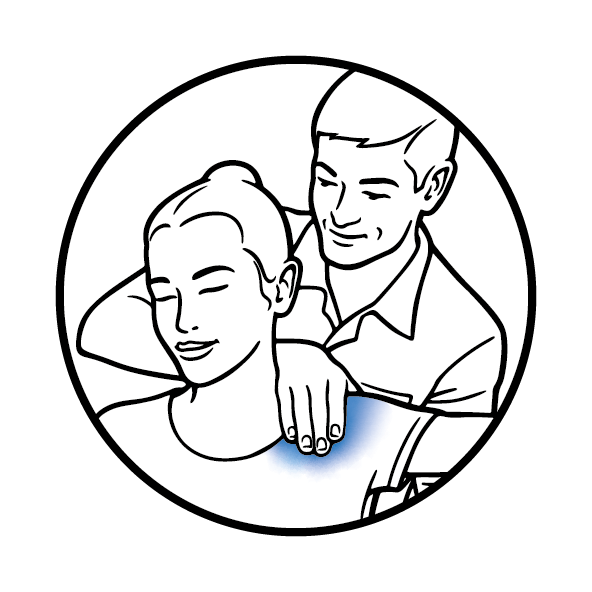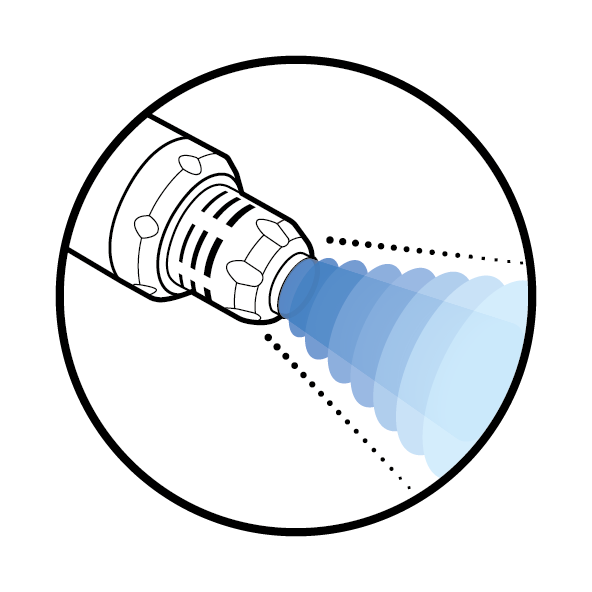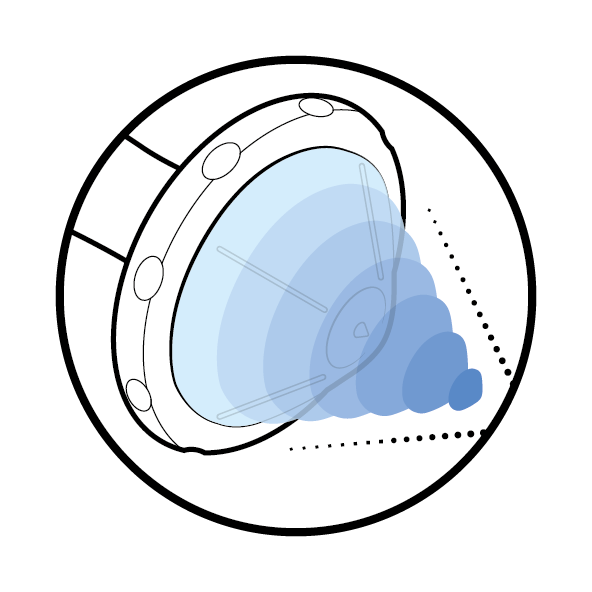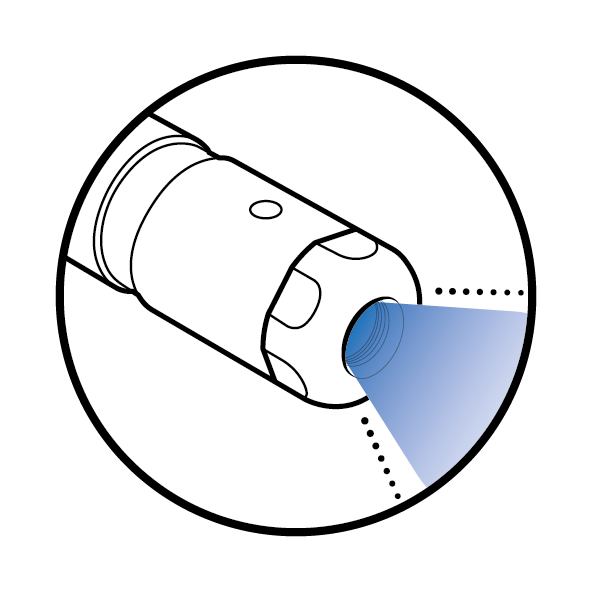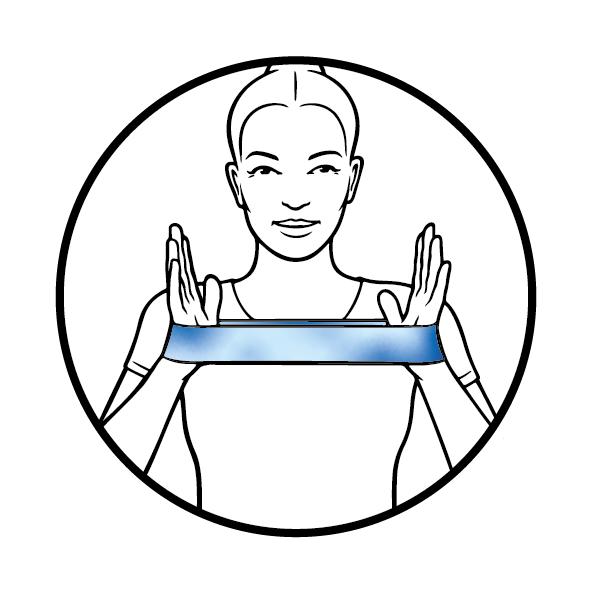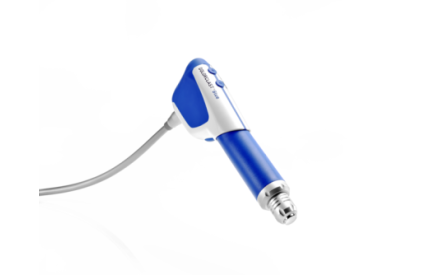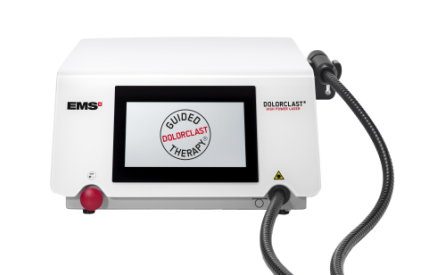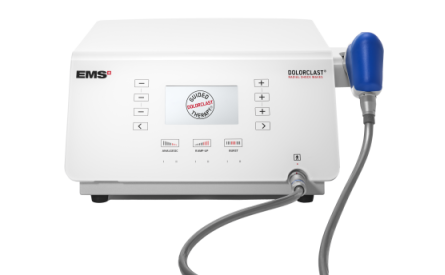You are here
00 - Overview
SEE ALL
CHAPTERS
Overview
Introduction to knee osteoarthritis
Knee osteoarthritis describes a progressive degeneration of the knee joint cartilage [1]. It can be of congenital or mechanical origins (learn more about the causes of musculoskeletal disorders). It is the most common joint disease and a leading cause of disability and pain. In 2020 alone, as many as 654.1 million individuals 40 years or older suffered from knee osteoarthritis [2].
Who is at risk of developing knee osteoarthritis?
Risk factors for developing knee osteoarthritis include:
- Older age
- Excess weight
- Female sex
- Traumatic knee injuries
- Genetics
- Certain occupations (requiring heavy manual work, especially in the construction and agricultural sectors)
Many sports are associated with an increased risk of developing knee osteoarthritis. However, due to the excessive load exerted on the knees, osteoarthritis is particularly prevalent among soccer players, runners, competitive weightlifters, and wrestlers [3]. Nonetheless, complete inactivity and disuse also put individuals at a higher risk of developing knee osteoarthritis since the lack of mechanical stimulation leads to degenerative alterations of the cartilage [4].

What are the causes of knee osteoarthritis?
The condition may be either congenital (there is no clear cause of cartilage degeneration) or secondary - caused by abnormal mechanical loading or injury (take a look at the risk factors mentioned above).
The main anatomical changes induced by knee osteoarthritis include:
- Articular cartilage degeneration
- Synovial inflammation
- Changes in the morphology of the subchondral bone
- Osteophytes formation
- Surrounding soft tissue damage (including ligament laxity and muscle atrophy)
Guided DolorClast® Therapy for Knee Osteoarthritis
Transform how you manage your patient's knee osteoarthritis with Guided DolorClast® Therapy. This educational concept empowers practitioners like you to utilize high-power EMS solutions like radial shock wave therapy, focused shock wave therapy, and laser therapy to their fullest potential, resulting in improved patient outcomes. Click further to learn more and take your practice to the next level.
Maximize your treatment outcomes
The right technologies with the right energy to successfully treat 90% of major musculoskeletal disorders.
Transform your patients’ experiences
The ally to provide a pain-free experience and restore patients' confidence in their recovery.
Boost your practice success
The care partner to boost your practice's productivity, visibility, and profitability

